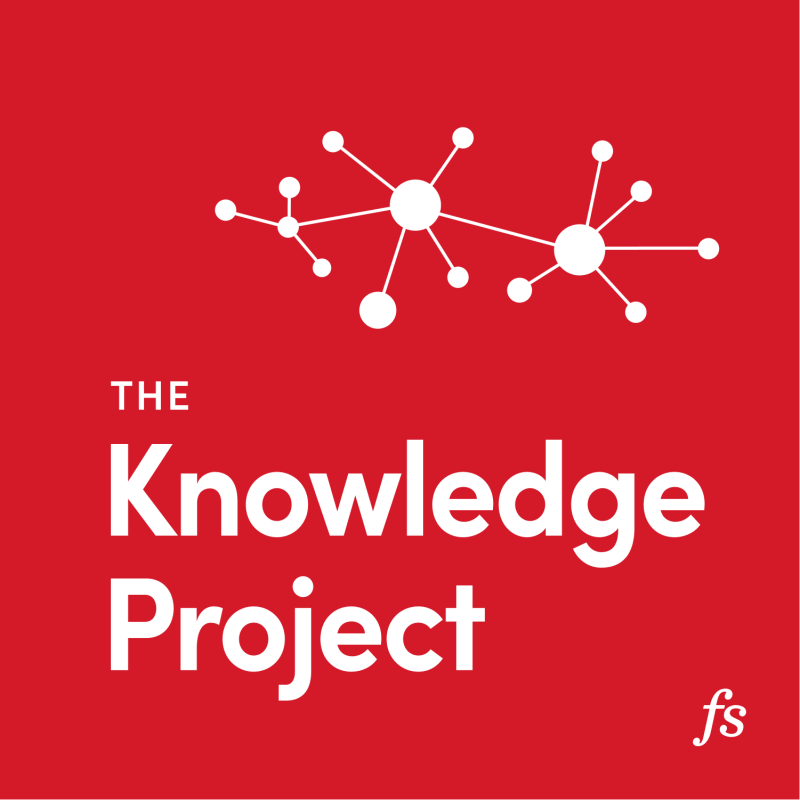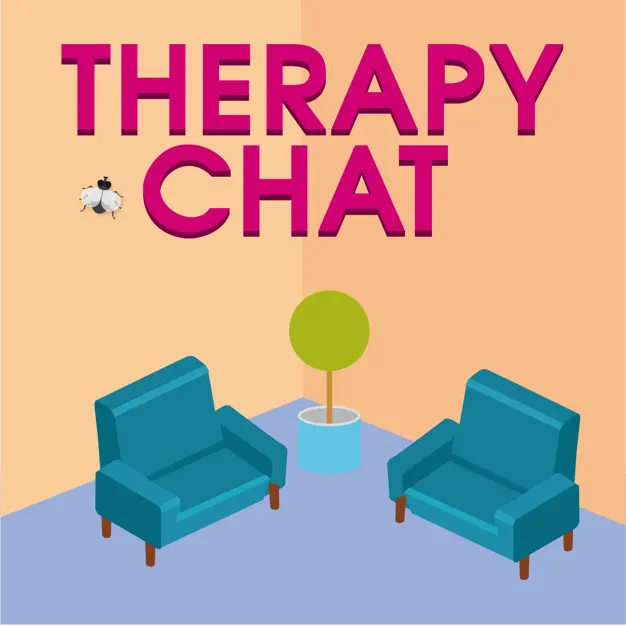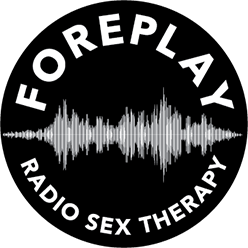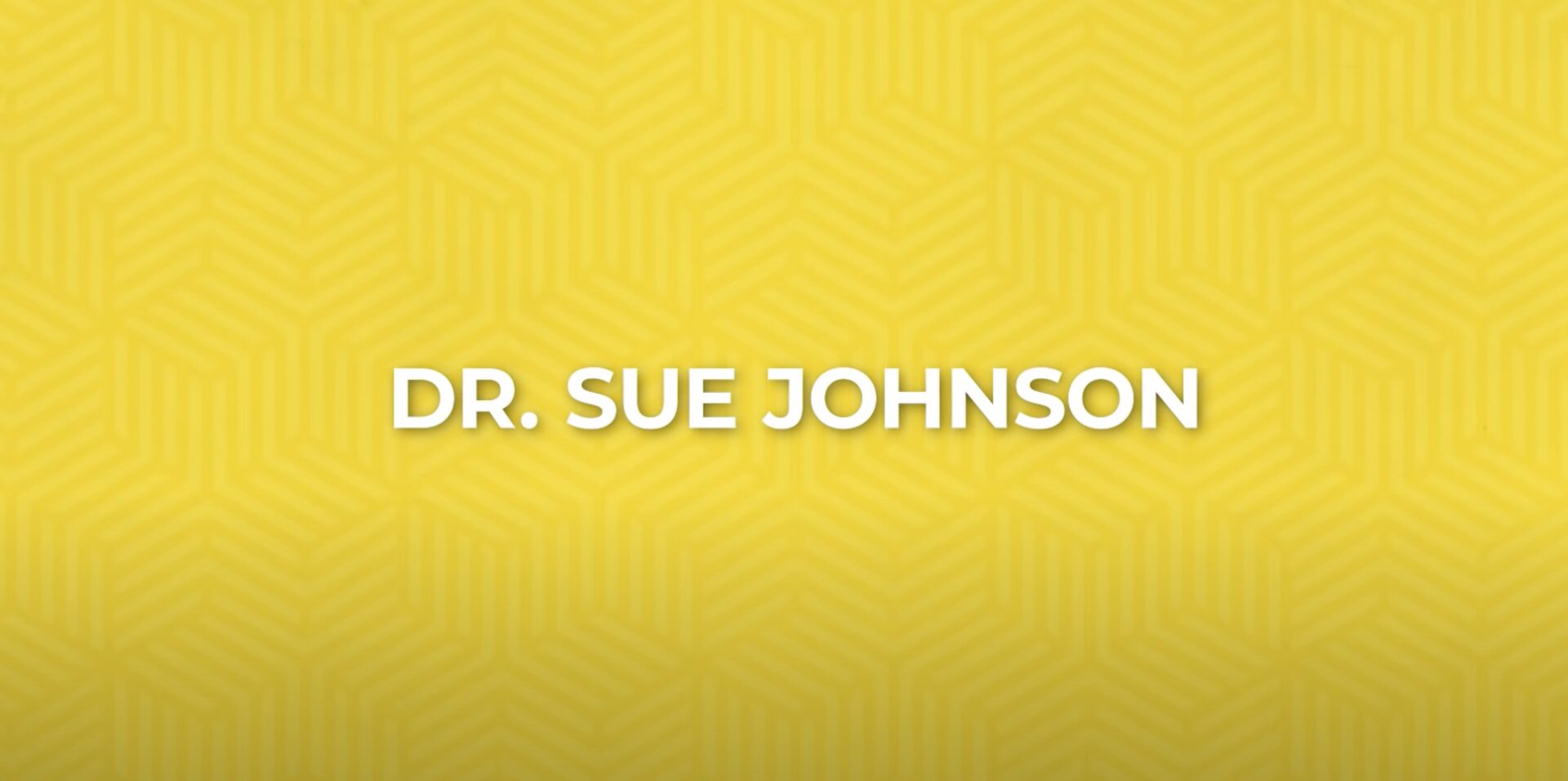Blog Articles
Attachment and Wellness
Attachment and Wellness are Inseparable
Feeling connected and important to others is essential for our overall well-being. Simply put, attachment and wellness are inseparable. Therapists use Attachment theory and Emotionally Focused Therapy (EFT), a primary application of this theory, to provide significant insights into developing healthy connections.
What is Attachment Theory?
Attachment theory, initially developed by John Bowlby and furthered by Mary Ainsworth, posits that the bonds formed in early childhood have profound effects on our emotional development and interpersonal relationships throughout life. This theory has evolved to encompass adult relationships, recognizing that the need for secure attachments extends well beyond childhood. In therapy, understanding how individuals cope with feelings of disconnection, with threat to security – is key to addressing various emotional and relational challenges.
The Role of Emotionally Focused Therapy in Enhancing Relationship Bonds
Emotionally Focused Therapy (EFT), an attachment-based model of treating couples families and individuals, is a short-term form of therapy that focuses on adult relationships and attachment/bonding. It helps individuals understand their emotional responses and patterns in relationships. EFT is a highly-effective, gold standard couples therapy. It encourages partners to express their emotions and needs more openly and empathetically, fostering stronger, more secure relational bonds.
The integration of attachment theory and EFT in therapeutic practices has proven instrumental in promoting mental wellness. By addressing the underlying attachment needs and emotional patterns, therapists can help individuals and couples develop healthier, more fulfilling relationships. This, in turn, contributes significantly to overall mental health and wellness.

In this podcast episode, Cornelius enjoys discussing the relationship of healthy interpersonal bonds to overall wellness, i.e. attachment and wellness, with Heather Haslem, the Senior Project Coordinator for Workforce Development at the Center for the Application of Substance Abuse Technologies (CASAT) at the University of Nevada, Reno. Heather trained at Duke University as an Integrative Health Coach. She is a National Board-Certified Health & Wellness Coach (NBC-HWC). Heather also brings expertise as a qualified Mindfulness-Based Stress Reduction (MBSR) teacher and yoga instructor.
#attachment #emotionalwellness
You
Building Resilient Bonds: How EFT Strengthens Community Connections
Building stronger communities is crucial, especially now as we face a widespread loneliness epidemic. The path to greater connectedness is clear. Based on attachment theory, EFT recognizes our inherent need for deep social bonds and strong emotional connections, fundamental to robust communities. By focusing on emotional dynamics, EFT helps forge secure, resilient relationships, aiding in resolving conflicts and emotional pain. It enhances emotional control and thinking adaptability, enabling calmer responses to new experiences. At its core, attachment theory and EFT teach us that embracing each other, rather than avoiding or opposing, is key to overcoming distress.
On the macro level, the promise of Emotionally Focused Therapy can be understood from several angles:
- Cultural Impact: Firstly, recognizing the importance of emotional intelligence and secure attachment can shift cultural narratives. This, in turn, impacts entertainment, education, and policy, pushing societies towards valuing emotional health and strong bonds.
- Model for Healthy Communication: Additionally, EFT provides tools for validating feelings, empathetic listening, and open communication. When applied widely, these can foster understanding and minimize conflicts, benefiting both personal relationships and larger contexts like communities and workplaces.
- Strengthening Relationships: At its core, EFT believes that strong attachments promote well-being in individuals and relationships. By mending attachment wounds and nurturing closer bonds, EFT subsequently bolsters family and community stability.
- Reducing Divorce and Separation Rates: Furthermore, EFT’s effectiveness in addressing relationship issues suggests its broader use could decrease divorce and separation rates, ensuring stable homes for children.
- Mental Health Improvement: On another note, EFT can diminish symptoms of anxiety, depression, and related disorders. Broadly speaking, this means a healthier public, fewer healthcare expenses, and heightened work efficiency.
- Education and Prevention: By integrating EFT principles in education or health campaigns, there’s an opportunity to proactively fortify relationships, mitigate relationship strain, and amplify societal grasp of emotional health.
- Economic Impacts: On the economic front, enhanced mental health, declining divorce rates, and improved work relationships spur economic gains. Content and emotionally stable individuals are often more industrious, potentially elevating economic performance.
- Research and Development: Lastly, EFT’s success and strong research base could fuel further studies in psychotherapy and relationship dynamics, ushering in advanced therapies and strategies for people and couples.
Knowing When It’s Time to Do Relationship Counseling
There is a lot of high quality self-help available for distressed relationships. However, some of the difficult issues people in relationship face benefit most by professional help. The question, “should we do relationship counseling now?” comes up and isn’t always easy to answer. In this blog post, I explore seven key indicators that might suggest your relationship is facing challenges. Identifying these red flags early and getting effective relationship counseling can be the first step toward healing and rejuvenating your connection.
Growing a relationship is one of the most fulfilling aspects of life. While it’s normal for relationships to encounter rough patches, it’s crucial to recognize the warning signs when things take a downturn.
7 Signs Your Relationship May Be in Trouble
1. Diminished Priority on Quality Time Together
In the early stages of a relationship, the thrill of spending quality time together is often incomparable. However, if you find yourselves gradually drifting apart due to other commitments or distractions, it’s worth taking a closer look at the health of your relationship. To be clear, life has a way of keeping us busy, but a consistent decline in the time spent together could be an indication of fading interest in nurturing your bond. That said, it’s crucial to differentiate between evolving priorities and emotional detachment.
2. Communication Becomes Stagnant or Scarce
Effective communication is the lifeblood of a thriving relationship. When your conversations start feeling repetitive, mundane, or infrequent, it may be a sign of diminishing emotional intimacy and connection.
3. Negative and Minimal Communication
Meaningful communication should uplift and strengthen your relationship. If your interactions are marred by negativity, frequent arguments, or criticism, it can slowly erode the trust and harmony in your partnership.
4. Conflict Breeds Resentment Instead of Resolution
Every relationship experiences conflicts, but they should serve as opportunities for growth and resolution. When disagreements persist without resolution and lead to lingering resentment, it’s an indicator of deeper issues within your relationship.
5. One Partner Voices Concerns
Often, one partner may sense trouble in the relationship before the other. If your partner expresses concerns or dissatisfaction, it’s crucial to take their feelings seriously and initiate an open and honest conversation. This is another factor in answering, “should we do relationship counseling now?”
6. One Partner Shows Reluctance to Listen
Effective communication involves active listening from both partners. When one partner consistently dismisses the other’s thoughts and feelings without a willingness to engage, it can lead to frustration and emotional distance.
7. Criticism of Differences Instead of Embracing Them
Our unique qualities and quirks are what make us individuals. When these differences are met with criticism rather than celebration, it can poison the atmosphere in your relationship. There are reasons this begins to happen in relationship and a well-trained, attachment focused therapist can help you understand and overcome.
Conclusion
Healthy relationships require nurturing, communication, and mutual effort. Determining whether you should do relationship counseling isn’t always easy. Recognizing these warning signs that your relationship might be encountering challenges is the first step toward addressing any underlying issues and rekindling the flame of love. If you identify with any of these signs, consider seeking professional guidance and at the least, engaging in a sincere conversation with your partner about your concerns. Relationship counseling like EFT can get you back on the path of connection. Remember, with dedication and mutual support, many relationships can overcome obstacles and emerge stronger than ever before.
Should we do Premarital Counseling?
Your relationship holds wonderful promise for a lifelong, responsive connection. Yet, frequent and seemingly trivial arguments may leave you feeling worried or uncertain. These challenges can cast a shadow over the bright hope you share as a couple. Remember, you are not alone. Premarital counseling can help. Our Emotionally Focused Couple Therapy (EFT) in Reno, NV, offers a short-term investment in your lasting connection.
Why Choose Emotionally Focused Therapy?
EFT is grounded in attachment theory, which highlights our need for strong emotional bonds. When these connections feel threatened, couples often react with distress. Frequent conflicts over finances, jealousy, or intimacy often stem from a deeper sense of emotional disconnect. EFT helps couples uncover these patterns and work through them with understanding and compassion.
Addressing the Root of Relationship Struggles
EFT works by identifying and interrupting negative interaction cycles that block true connection. Couples often feel stuck when they sense their partner isn’t emotionally available or responsive to their needs. These moments can lead to feelings of anxiety, numbness, or disconnection. EFT helps couples establish new cycles of interaction, where both partners feel supported, seen, and valued.
Build a Stronger Future Together
Through EFT, couples create a renewed and secure emotional bond. This stable attachment enhances communication, fosters trust, and builds resilience in solving conflicts. With a strong foundation, couples are better equipped to navigate challenges together.
If you’re considering premarital counseling, we invite you to contact us today. Learn more about how Emotionally Focused Therapy can support your journey toward a lasting and fulfilling partnership.
Unveiling the Attachment Science view of Emotional and Sexual Intimacy: A Conversation with Dr. Sue Johnson on The Knowledge Project
Introduction
We highly recommend this special episode of ‘The Knowledge Project’ with Shane Parrish, a platform dedicated to unearthing profound insights and wisdom to enrich our lives. Shane conducts an exclusive interview with relationship expert Dr. Sue Johnson on building intimacy. Dr. Johnson is a renowned clinical psychologist and the primary creator of Emotionally Focused Therapy (EFT). In this episode, Shane and Sue delve into the intricacies of creating, protecting, and nourishing fulfilling sexual and emotional relationships.

About Dr. Sue Johnson
A Trailblazer in Relationship Therapy
Relationship expert Dr. Sue Johnson, a distinguished figure in the world of psychology, has dedicated her career to exploring the realms of romantic relationships and attachment theory. Her pioneering work in developing Emotionally Focused Therapy has provided profound insights into the way couples interact and bond.
The Genesis of Emotionally Focused Therapy
EFT, founded by Dr. Johnson, stands out as a highly effective approach to couples therapy. It emphasizes emotional bonding and addresses patterns that can lead to distress in relationships. The therapy has a remarkable success rate and is backed by substantial research.
Core Principles of Emotionally Focused Therapy
Understanding Emotional Responsiveness
Dr. Johnson’s approach revolves around the idea that emotional responsiveness is key to a strong relationship. She explains how partners can become more attuned to each other’s emotional needs and responses.
The Role of Vulnerability
Vulnerability is a cornerstone of deep emotional connection. Dr. Johnson discusses how opening up and expressing one’s true feelings can strengthen the bond between partners.
Navigating Conflicts
Conflict is inevitable in any relationship. Dr. Johnson offers insights into managing disagreements constructively and turning them into opportunities for growth and understanding.
Building and Sustaining Relationships
The Foundation of Trust and Security
Trust and security are the bedrocks of any lasting relationship. This segment explores how couples can build and maintain these essential elements.
Communication: The Key to Connection
Effective communication is vital in relationships. Dr. Johnson provides practical advice on how couples can improve their communication skills to enhance understanding and intimacy.
The Importance of Intimacy
Intimacy, both emotional and sexual, is crucial for a fulfilling relationship. Relationship expert, Dr. Sue Johnson delves into the ways couples can deepen their intimacy and maintain it over time.
Practical Advice for Couples and Individuals
Strategies for Nurturing Relationships
Listeners will gain valuable strategies for nurturing their relationships, including exercises and practices that can be incorporated into daily life.
Tips for Singles
Dr. Johnson also offers advice for singles on preparing for a healthy, fulfilling relationship in the future.
Overcoming Relationship Challenges
The episode covers common challenges in relationships and how to overcome them, drawing from Dr. Johnson’s extensive experience in therapy.
Conclusion
In this enlightening conversation with Dr. Sue Johnson, ‘The Knowledge Project’ brings forward essential insights into the art of building and sustaining fulfilling relationships. Whether you are in a relationship or single, this episode is a treasure trove of wisdom on love, connection, and emotional health.
We practice Emotionally Focused Therapy as developed by Dr. Sue Johnson. Reach out for a free consultation to talk about building deeper, more meaningful relationships in your life.
That Relationship Show
Therapy Chat
Laura Reagan, LCSW-C, Psychotherapist, Burnout Prevention Consultant, and Certified Daring Way™ Facilitator interviews guests to discuss holistic and alternative approaches used in psychotherapy, counseling, coaching, and healing sessions. Be a fly on the wall as therapists discuss the practice of psychotherapy and how they implement self-care into their own lives to prevent therapist burnout. Conversations about mindfulness, self-compassion, The Daring Way™, EMDR, art therapy, Sensorimotor Psychotherapy, other somatic methods, trauma, parenting, attachment will get you thinking deeply about therapy and the universal experience of being human, with all the joy and pain that entails.
Foreplay Radio Podcast
Sex therapist advice for relationships. This podcast features our EFT colleagues and friends: nationally-acclaimed sex therapist, author, and blogger, co-host Laurie Watson, PhD, LMFT talking with co-host George Faller, LMFT – global leader in couples therapy, author, and supervisor & trainer in Emotionally Focused Therapy about the vital topics of sexuality, marriage, eroticism, and committed partnership. With decades of counseling experience for each of them, these two internationally-known therapists bring you concrete tools for your relationship. Contact us for more information on improving your connection.
Iconic Emotionally Focused Therapy Developer, Dr. Sue Johnson — How to Improve Sex and Crack the Code of Love
In this compelling podcast episode, Tim Ferriss interviews Dr. Sue Johnson, an acclaimed expert in emotionally focused therapy for improved sex and the developer of Emotionally Focused Therapy (EFT). Dr. Johnson, renowned for her innovative contributions to psychology, delves into how this therapy enhances emotional connections and intimacy in relationships.
Emotionally Focused Therapy, a brainchild of Dr. Johnson, has transformed our understanding of emotional bonds and their role in relationships. This conversation focuses on the key principles of EFT and its significant impact on improving relationship dynamics, especially in the context of emotionally focused therapy for improved sex. Dr. Johnson elucidates how focusing on emotional connections can profoundly enhance intimacy and sexual relationships.
In their engaging dialogue, Dr. Johnson and Tim Ferriss explore the complex nature of love and how understanding emotional patterns can lead to more fulfilling relationships. Dr. Johnson provides actionable insights on how couples can utilize emotionally focused therapy for improved sex to deepen their connection, emphasizing the necessity of emotional safety for a rewarding sexual experience.
Listeners will gain invaluable insights into navigating modern relationship challenges, learning strategies to cultivate deeper connections. The discussion also covers how vulnerability plays a crucial role in strengthening intimacy and overcoming obstacles to a satisfying sexual life.
This podcast is not just beneficial for couples but also for individuals seeking to understand the nuances of human emotions and connections better. Dr. Johnson’s expertise, coupled with Tim Ferriss’s engaging interview approach, offers a captivating and informative listening experience.
Tune into this fascinating podcast to explore the transformative power of Emotionally Focused Therapy in cracking the code of love and significantly enhancing sexual intimacy through emotional understanding and connection.
Meet Tammy Sheehan, Our Care Coordinator
Care Coordinator, Tammy Sheehan
Welcome to Our Therapy Practice in Reno
Welcome to our practice specializing in EFT couple therapy, marriage counseling, family therapy, and individual counseling in Reno! Taking the first step toward therapy can feel daunting, but we’re here to make the process seamless and welcoming. From the moment you contact us by phone or email, our priority is to create a warm, supportive, and confidential environment. Your therapeutic journey begins with that initial connection.
Your First Contact with Our Team
I, or a member of our team, will be your first point of contact. Our caring, non-judgmental, and experienced EFT therapists in Reno will take the time to listen to your needs and concerns. We’ll conduct a brief, non-clinical assessment to ensure our practice is the right fit for you. We understand that seeking help is a significant decision, and we want you to feel confident and comfortable in your choice of therapist.
How We Make the Process Easy
Once we confirm a good fit, we’ll guide you through scheduling your first appointment and completing any required paperwork. Our practice is fully paperless, meaning all necessary documentation is completed through our secure, HIPAA-compliant online portal. Here’s how to get started:
- After the initial intake, we email each client an invitation to the portal. You may also arrange a brief consultation with one of our therapists.
- Complete the online forms within 36 hours to hold your appointment.
- Attend your first appointment.
- Use the portal’s online scheduling feature for future appointments.
If anything feels difficult, our team is here to guide you every step of the way.
Attachment-Based Therapy in Reno
Individual & Relationship Counseling Associates specializes in attachment-based EFT marriage, individual, family, and couple counseling. We believe this approach offers a powerful path to healing and growth. Whether you’re seeking to improve your relationships, address family dynamics, or explore personal challenges, our commitment is to make this journey accessible and supportive for you.
Call us at 775-235-2205 to learn more about EFT couple counseling, individual or family therapy, or EFT marriage therapy in Reno. We’ll help you schedule a no-cost consultation with one of our therapists.









